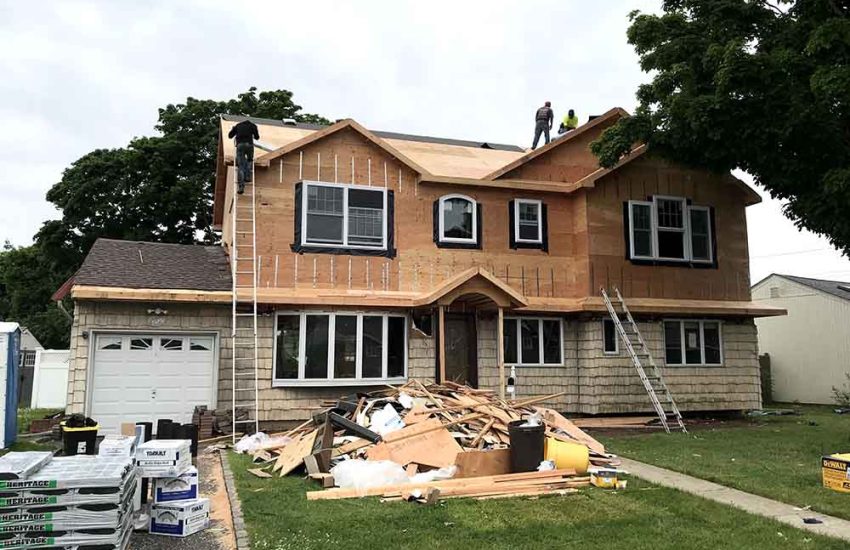Indiana Squatter Laws And Adverse Possession Explained
In the realm of real estate law, the concepts of squatter laws and adverse possession often spark curiosity and intrigue. These legal principles can have a significant impact on property ownership and rights, and it is essential for both property owners and potential squatters to understand how they function within the legal framework of a particular state. In the state of Indiana, squatter laws and adverse possession regulations are defined with specific criteria and procedures that govern such situations.
Understanding Squatter Laws in Indiana
Squatter laws, also known as adverse possession laws, pertain to situations where an individual occupies a property without the owner’s permission. In Indiana, a squatter must meet certain requirements to make a claim of adverse possession. These requirements typically include continuous and open occupation of the property for a specified period, often ranging from 10 to 25 years, depending on the circumstances.
It is essential to note that adverse possession laws vary by state, and Indiana has its own set of regulations governing this practice. To establish a claim of adverse possession in Indiana, the squatter must demonstrate that their occupation of the property has been:
Hostile: This does not necessarily mean confrontational behavior but rather the occupation of the property without the owner’s consent.
Open and Notorious: The squatter’s presence on the property must be visible and apparent to others, putting the true owner on notice of the occupation.
Continuous: The occupation must be uninterrupted for the required statutory period, typically ranging from 10 to 25 years in Indiana.
Exclusive: The squatter must possess the property exclusively, excluding the true owner and other individuals from the premises.
By meeting these criteria, a squatter in Indiana may be able to eventually acquire legal ownership of the property through adverse possession.
Implications for Property Owners
For property owners in Indiana, understanding squatter laws and adverse possession is crucial to protecting their property rights. While the idea of someone gaining ownership of your property through adverse possession may seem alarming, property owners can take preventive measures to safeguard their interests.
One key measure is to regularly inspect and monitor your property to ensure that there are no unauthorized occupants. Addressing any signs of squatting promptly can help prevent a situation from escalating into a potential adverse possession claim.
Additionally, property owners should be aware of the statutory period required for adverse possession in Indiana and take action if they suspect that someone may be trying to make a claim on their property. Seeking legal counsel to address any concerns or disputes related to squatter laws can help protect property owners’ rights and interests.
Seeking Legal Guidance
Navigating the complexities of squatter laws and adverse possession can be challenging, and it is advisable for both property owners and potential squatters to seek professional legal guidance. An experienced real estate attorney can provide valuable insight, guidance, and representation to ensure that your rights are protected and upheld within the bounds of Indiana law.
Conclusion
squatter laws and adverse possession regulations play a significant role in property ownership and legal disputes in Indiana. Understanding the criteria and implications of these laws is essential for all parties involved to make informed decisions and protect their interests. By staying informed and seeking legal counsel when needed, individuals can navigate these legal issues effectively and safeguard their property rights.




